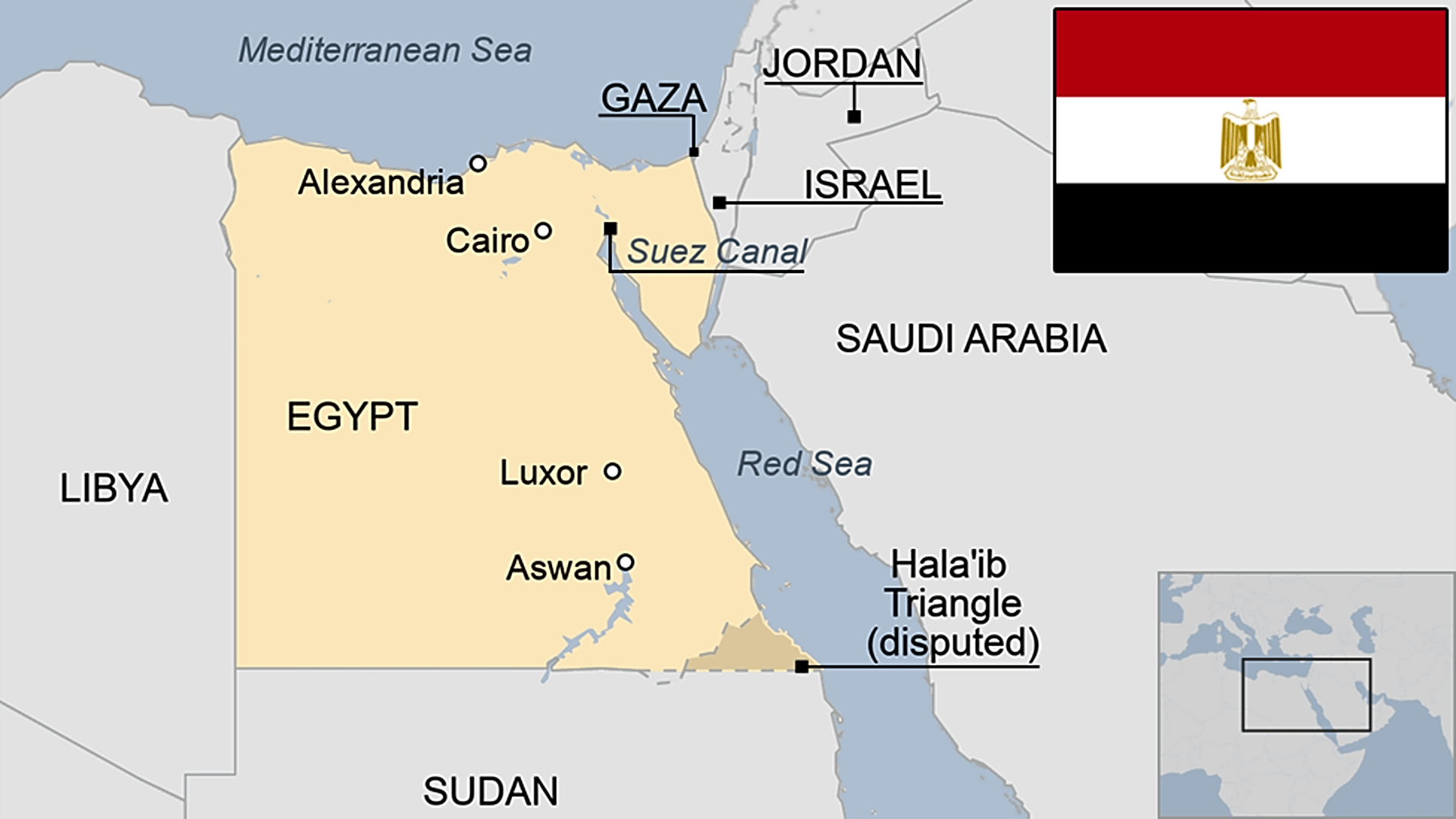Summarized by AI Model:Overglitch/t5-small-cnn-dailymail
Businesses in the UK and the EU encounter many obstacles in their efforts to form supplier alliances throughout Africa . These problems are a result of the pressure from supply chain transparency laws that place stringent requirements on businesses . Nancy Fischer, International Trade Partner and Global Head of Pillsbury's Regulatory practice, says compliance with regulations like the CSDDD is very difficult .Businesses in the UK and the EU encounter many obstacles in their efforts to form supplier alliances throughout Africa, particularly with regard to environmental and labour concerns. According to recent coverage by The Times Raconteur, these problems are a result of the increasing pressure from supply chain transparency laws that place stringent requirements on businesses, such as the EU’s Corporate Sustainability Due Diligence Directive (CSDDD) and the EU Deforestation Regulation 2023 (EUDR).
Concerns regarding environmental sustainability and human rights compliance in Africa are intensified by the region’s role in raw material processing and the unique socioeconomic circumstances of its nations, according to Nancy Fischer, International Trade Partner and Global Head of Pillsbury’s Regulatory practice.
“Compliance with regulations like the CSDDD and the EUDR is very difficult, particularly for businesses with intricate, international supply chains,” she stated. According to Fischer, “this requires geolocation capabilities and real time monitoring tools” when analysing situations where verification is required to make sure such materials are not connected to deforestation. “It is expensive and logistically difficult to manually collect and verify this information across multiple tiers of suppliers, especially for materials sourced from regions with limited transparency or regulatory infrastructure,” she continued.
Furthermore, Fischer stated that “AI can analyse patterns to detect signs of deforestation or illegal logging by cross-referencing geolocation data with satellite imagery,” highlighting the significant role that digital technology plays in supply chain transparency. Fischer went on to say that digital trade systems that could allow for real-time tracking and traceability in African supply chains are supported by the African Continental Free Trade Area, an agreement that lowers tariffs and implements other measures across the majority of the continent. “The use of blockchain and other cutting-edge solutions in industries like agriculture and renewable energy is demonstrating advancements in supply chain transparency throughout Africa,” she said.


